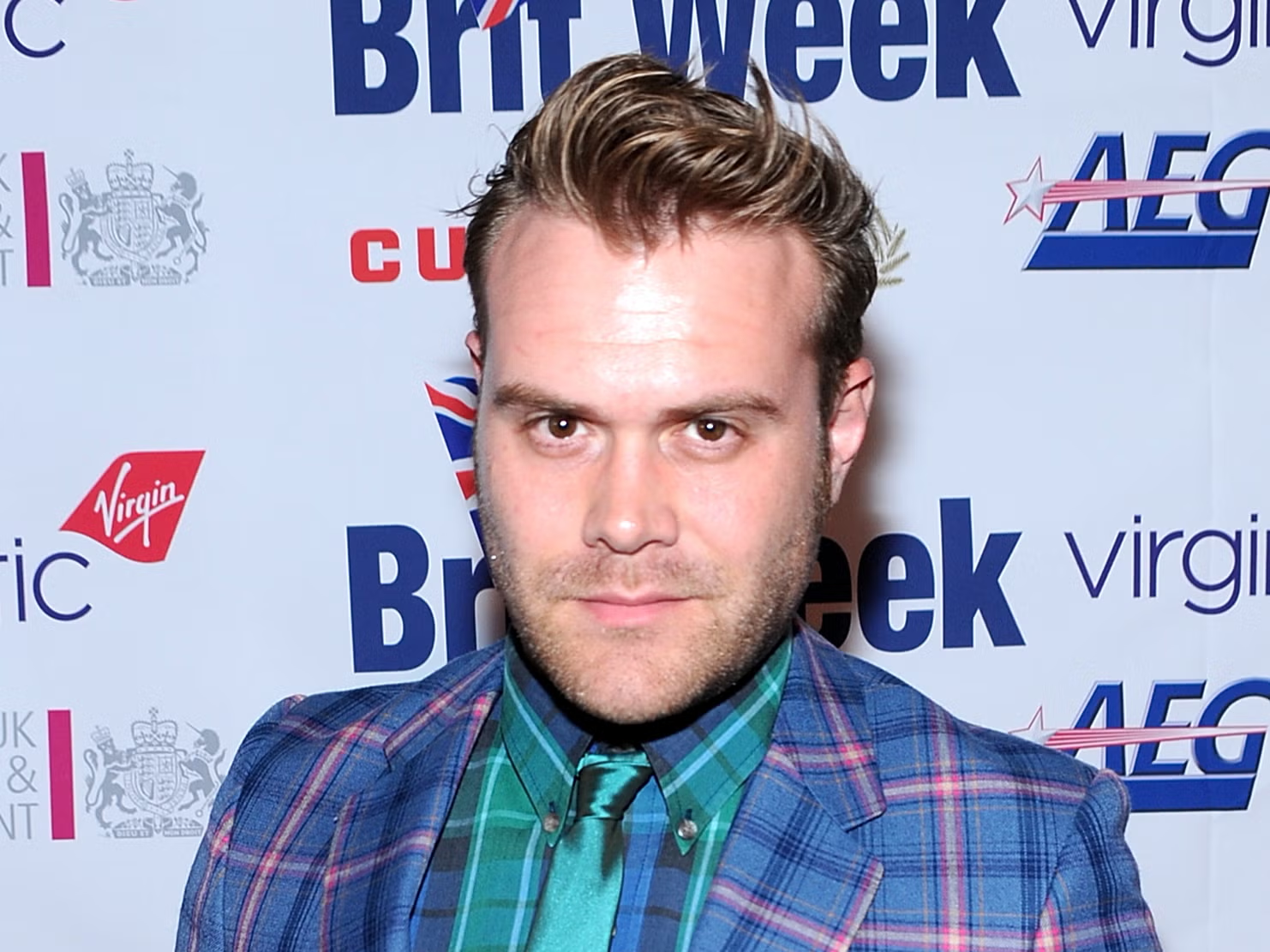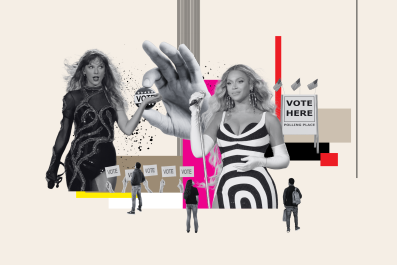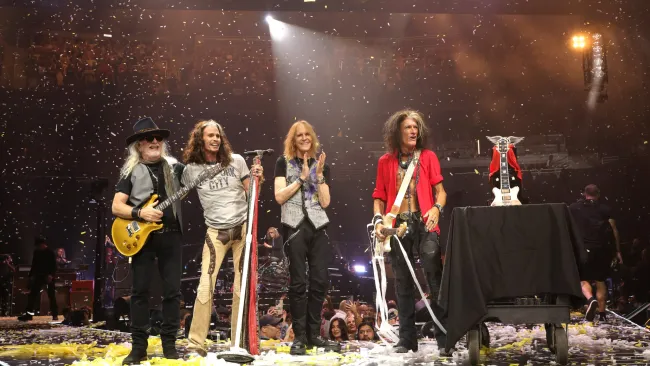Support truly
independent journalism
Support Now
Our mission is to deliver unbiased, fact-based reporting that holds power to account and exposes the truth.
Whether $5 or $50, every contribution counts.
Support us to deliver journalism without an agenda.

Louise Thomas
Editor
Daniel Bedingfield has chimed in on the debate surrounding the use of artificial intelligence in music, saying he believes it will completely take over in the future.
Concerns have been raised from various quarters, as MPs have called for tighter legislation around its use and stars such as Nicolas Cage have described the technology as “inhumane”. However, others, including Black Eyed Peas star will.i.am, have championed AI from its early days.
“AI is now here forever,” Bedingfield, who has created an entire album with AI, told The Guardian. “And so I think that there will be two paths: there’ll be the neo-luddite path, and then there’ll be everyone else, most of the planet, who thinks the music’s really good and enjoys it.”
Explaining that his support for AI comes from a disillusionment with the music industry, which he describes as “a system full of sharks and people who don’t know what they’re doing”, he continued that soon AI will be indispensable.
“It will be possible to continue without AI,” he said. “But the question will be, why would you? Why fight it when you can have a whole gospel choir singing your chorus in two days’ time?”
He added: “It might have been very romantic to create my own bricks before I build a wall. It’s not necessary any more, so I buy a bunch of bricks.”
Earlier this year, Sheryl Crow condemned Drake for the use of AI-generated Tupac Shakur vocals in one of his diss songs aimed at Kendrick Lamar. However, the Canadian rapper had himself been a victim of the technology, when multiple songs in his voice and style were released with the help of AI, last year. They were promptly removed from social media by YouTube.
Songs in the style of Nick Cave had also been uploaded with the help of ChatGPT, prompting the singer to call the technology a “grotesque mockery of what it means to be human”.
However, Bedingfield insists it is a positive development. Wishing that he had the technology as a child, the “Gotta Get Thru This” singer added: “I want a six-year-old to make a masterpiece, I could sing really well when I was six; I feel that my voice was as good at nine as it is now.

Enjoy unlimited access to 70 million ad-free songs and podcasts with Amazon Music
Sign up now for a 30-day free trial
Sign up
Enjoy unlimited access to 70 million ad-free songs and podcasts with Amazon Music
Sign up now for a 30-day free trial
Sign up“I would have loved the chance to have made an album back then, without having to spend decades learning to play the instruments. That was the hard part, the brutal part.”

Amy Winehouse, Nirvana and Jimi Hendrix are among the acts to have had their sound mimicked using technology. The Lost Tapes of the 27 Club – a project seeking to highlight the mental health crisis in music – used AI to produce “new songs” in the style of Winehouse, Hendrix, and Kurt Cobain, all of whom died at the age of 27.
The controversial project saw their respective back catalogues fed through neural networks, designed to study and replicate the hooks, rhythms, melodies, and lyrics that make their music theirs.
Disclaimer: The copyright of this article belongs to the original author. Reposting this article is solely for the purpose of information dissemination and does not constitute any investment advice. If there is any infringement, please contact us immediately. We will make corrections or deletions as necessary. Thank you.




